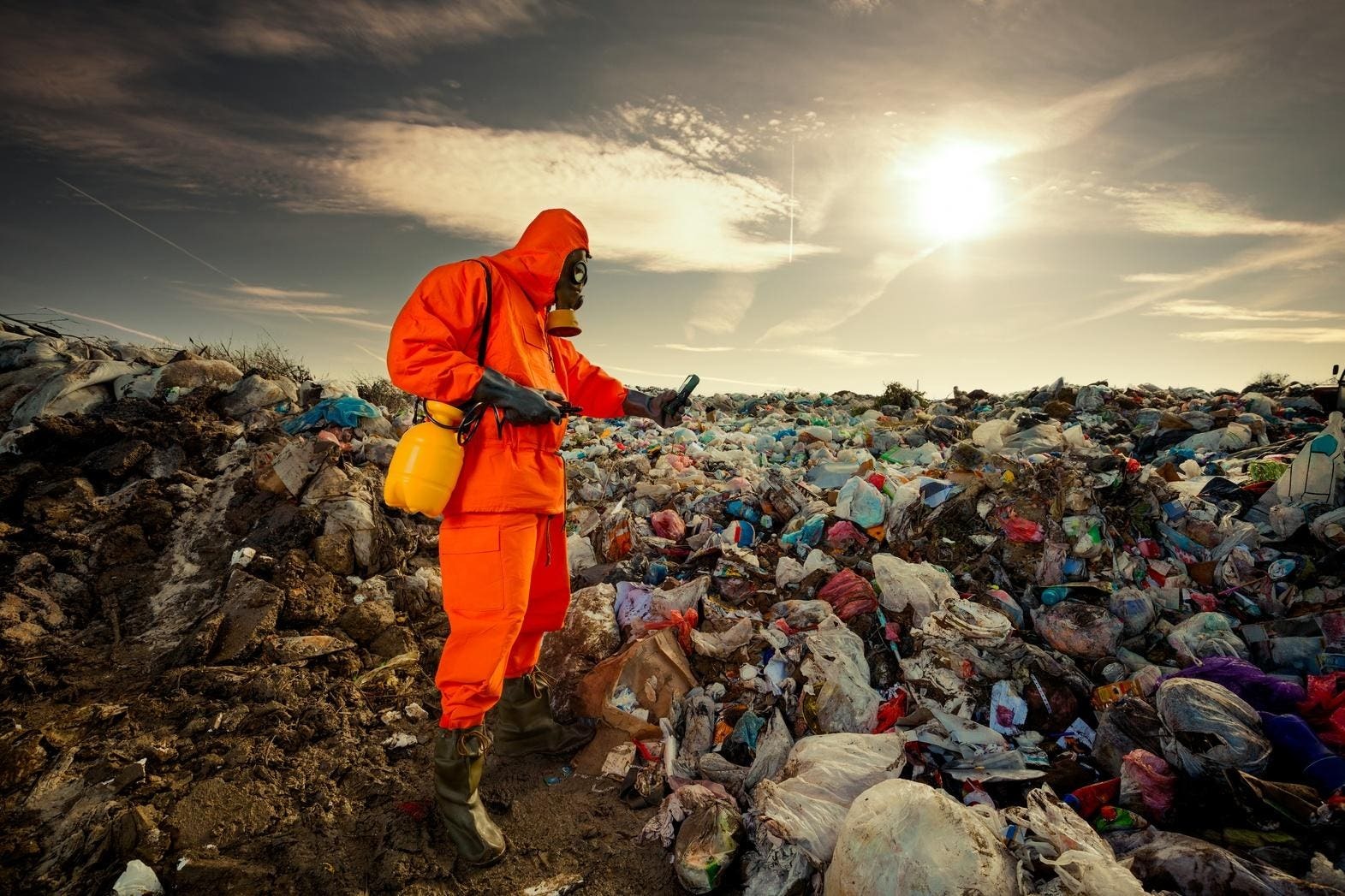Waste is one of the major environmental issues directly associated with climate change, leading to greenhouse gas emissions, pollution, and decreased resources. Since improper waste management increases emissions in landfills, plastic usage, and habitat degradation, waste minimization, recycling, and ideas like skip hire Mawdesley ensure the environmentally friendly disposal of waste. This paper explains six significant ways waste is impacting climate change as well as our future life with all the emphasis on how critical it is to appropriately waste since a world is always called for in this contemporary situation.
Greenhouse Gas Emissions from Landfills
Greenhouse gases that come from landfills Landfill emissions, especially methane, account for such emissions since they result in the aerobic decomposition of organic material. Methane is one of the greenhouse gases that have more than 20 times the impact of carbon dioxide in trapping heat, thus making it among the prominent emitters of global warming. Amassing waste in landfills has contributed to the generation of methane, which enhances the risks associated with climate change. Composting and recycling reduce the amount of waste that would otherwise be placed in landfills, ultimately reducing the emissions and their contribution to the atmosphere.
Carbon Footprint of Plastic Waste
This footprint from the creation and disposal of plastics further creates emissions of greenhouse gases while forming pollution. It degrades gradually and eventually leads to creating microplastics which linger indefinitely. In addition, in incineration during disposal of plastic, other hazardous pollutants are emitted as well and more CO2 is also emitted. Reducing consumption, replacing it with alternatives made of biodegradable content, or recycling can potentially help in reducing the amount it has on the environment as a whole. Balancing the environmental footprint of plastic products would be achieved when one manages to improve in a way that reduces emissions of the climate and the ecosystem altogether when managed at the time of disposal.
Deforestation and Habitat Loss for Resource Extraction
Paper, wood, and metal products are often in demand and thus lead to deforestation and habitat loss, also releasing stored carbon. Trees are carbon absorbers, and whenever forests are cleared, their carbon is released, making climate change faster. Furthermore, deforestation disrupts ecosystems and endangers a lot of species. Decreasing waste, recycling material, and using sustainable alternatives decreases the need for new resources, which ultimately will protect forests and biodiversity-things that are essential to maintain a balanced climate.
Water Pollution and Its Effect on Climate
Poor waste disposal leads to pollution of water bodies, which will have an impact on aquatic life and climate control. Plastic and industrial wastes in the oceans, rivers, and lakes pollute them and have an impact on marine species’ health and carbon cycle. Algae that absorb CO2 are destroyed by polluted waters, therefore disrupting this natural carbon reduction process. Proper waste management including the treatment of industrial discharges and reduction of plastic use is necessary for maintaining water sources and supporting climatic stability.
Loss of Carbon Sequestration Potential through Soil Degradation
Chemical-rich waste materials can degrade the quality of soil, which impacts its fertility and carbon sequestration. Soil that cannot grow plants loses its ability to absorb CO2 and natural carbon sequestration is affected. Polluted soil also has health impacts and disrupts local food chains. Composting organic waste and reducing chemical waste disposal improves soil quality, enabling it to retain its necessary carbon sequestration properties and support healthy ecosystems.
Energy Use in Waste Management Processes
Waste management itself consumes huge energy, most of which emanates from fossil fuel that further contributes to emissions through CO2. Gathering transportation disposal and/or treatment of wastes largely increases the amount of greenhouse gas formation if fossil fuels remain their major source of energy. These processes can become greener by using renewable sources for these purposes or highly efficient machines. Waste-to-energy production through the conversion of wastes to either electricity or heat could equally help in mitigating it but should be applied thoughtfully to minimize further harm caused by its pollutant effect.
Conclusion
Waste has a complex and immense impact on climate change. The impacts are emissions, pollution, deforestation, water contamination, and energy use. All these can be reduced through the proper management of waste, reduction of landfill waste, and adoption of eco-friendly practices. Services help in responsible waste disposal and make it easier for people and businesses to reduce their environmental footprint. Natural resource waste addresses the problems of protecting natural resources, reducing emissions, and creating a sustainable future for generations to come.

